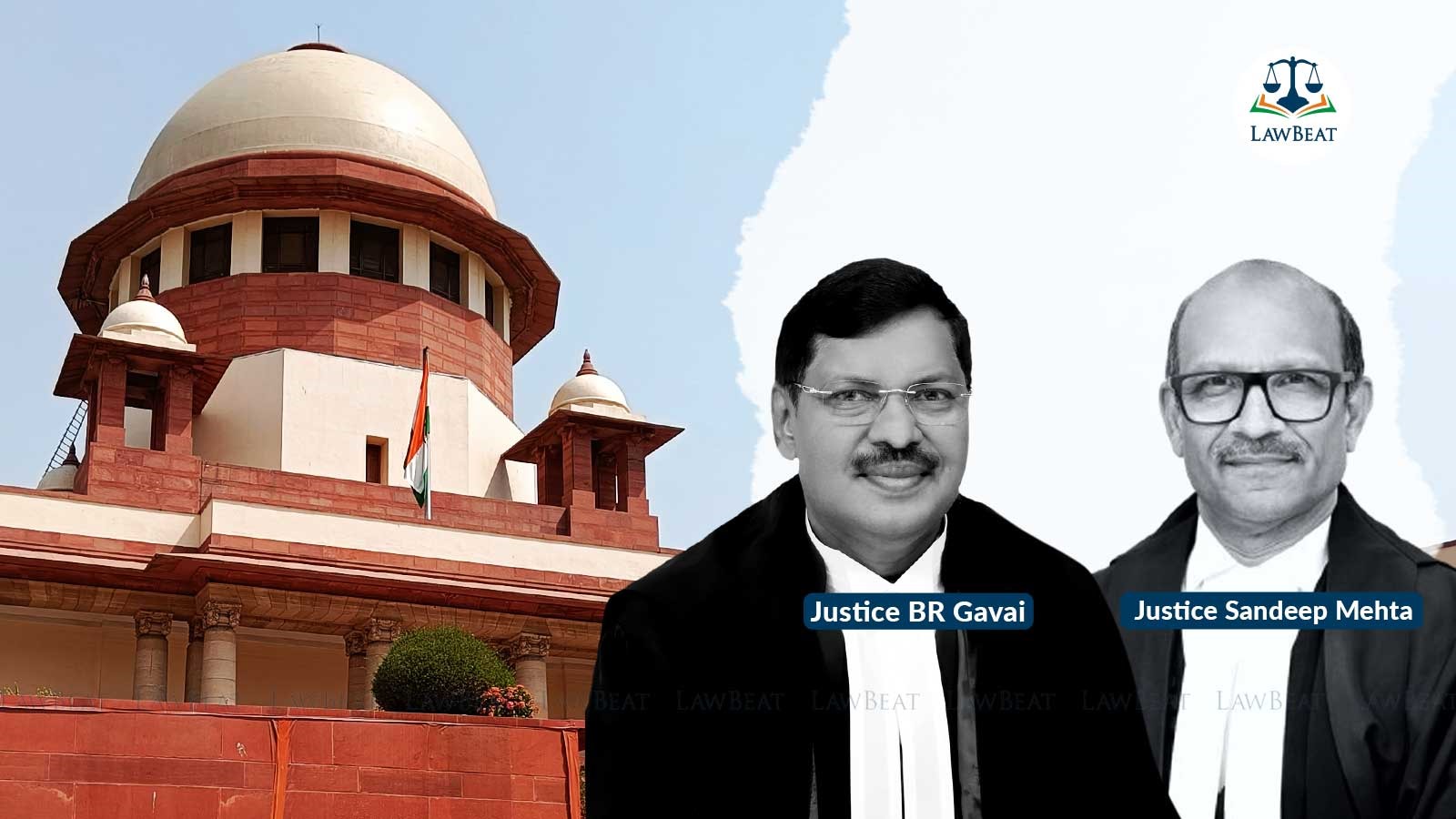SC acquits man accused of murdering uncle in 1988

Court found inconsistencies and improvements in the statement of witnesses and noted that the recovery of murder weapon was an open place
The Supreme Court has on April 30, 2024 acquitted a man of the charges of killing his own uncle in 1988 allegedly over a dispute on partition of land of his grandmother, saying the prosecution has failed to prove the case beyond reasonable doubt.
A bench of Justices B R Gavai and Sandeep Mehta held the judgments of Orissa High Court and that of the trial court were not sustainable in law as there were inconsistencies and improvements in the statement of witnesses and the conviction could not be based solely on recovery of weapon that too from an open place.
According to the prosecution, on October 9, 1988, Laxminarayan Sahu (deceased) went to his land to plough, the appellant, Jasobanta Sahu reached there at about 12:30 PM and stabbed him repeatedly by using a knife, resulting into his death at the spot.
In the case, the trial court initially in 1991 held the appellant guilty of the offence of culpable homicide not amounting to murder under Section 304 Part I of the IPC and ordered his release as he had served three years of sentence. However, upon a revision, the High Court asked the trial court to consider the matter afresh limited to the aspect of whether the offence fell under Section 302 of the IPC.
The appellant's counsel contended that he had been falsely implicated in the crime. He submitted that the so-called eyewitnesses i.e., PW 1-Kirtan Sahu and PW 2-Nagendra Pradhan could not be said to be the eyewitnesses. He further submitted that the so-called extra-judicial confession given by the accused appellant to PW 6-Purna Chandra Pradhan was not voluntary, cogent and trustworthy so as to base the conviction on it. He therefore submitted that the appeal deserved to be allowed.
The state counsel, on the contrary, submitted that both the Trial Court and the High Court, on a correct appreciation of evidence, have found that the prosecution has proved the case beyond reasonable doubt and as such, no interference is warranted in the concurrent findings.
However, going by statements of witnesses, the bench said a serious doubt arose from the conduct of PW 1 and PW 2 as to whether they were really the eyewitnesses to the incident or not. The court noted PW 1 admitted that his statement was recorded 4-5 days after the date of incident.
"The conduct of PW 2 is more abnormal, particularly, when his son himself is a Police Havildar. After seeing such a gruesome incident, he chose to go to his Taila, which is about 2 miles away from the place of occurrence, and he returned from his Taila after 5 days and voluntarily gave his statement to the Investigating Officer," the bench said.
Court also noted inconsistencies in the evidence of PW 1 and PW 2. PW 1 stated in his evidence that when he saw the incident he was alone at the spot, away from about 40-50 feet. He stated that he shouted, but when the accused-appellant looked at him, he ran away out of fear. PW 2 also stated in his evidence that when the incident happened, he was alone there. He stated that although he raised shout, but none came to the spot hearing his voice.
It was further recorded that PW 15-Satyabadi Pradhan and PW 16-Santosh Pradhan, who were also the eyewitnesses to the incident, had turned hostile and did not support the prosecution’s case.
With regard to the recovery of weapon, the court said it was made from an open place, a Bhalupadi Bush of Naga Sahu Mango Tope of Village Uggi. "As such, much reliance cannot be placed on such recovery. In any case, the conviction, solely based on such recovery, would not be tenable," the bench said.
Case Title: JASOBANTA SAHU vs. STATE OF ORISSA
